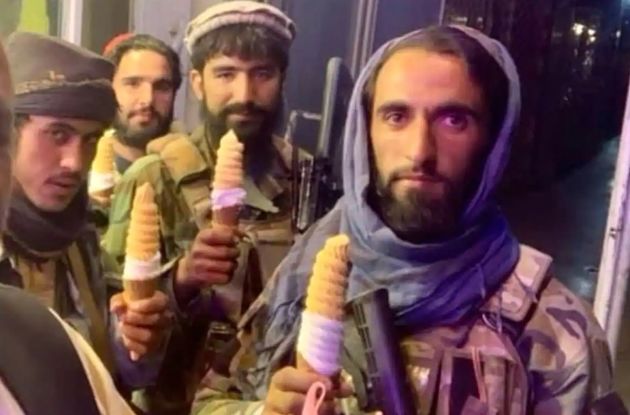Although it may seem that the power of the Taliban, or more precisely the Islamic Emirate of Afghanistan, is already established and recognized by major global players, it must be understood that its position is not yet stable. Currently, no country has officially recognized the new government, or rather the new state (to be discussed later in the text), in Afghanistan. Regarding the possibility of such recognition, there are three different positions of countries.
The first group includes countries that have not yet officially recognized the new government but have expressed the possibility of doing so. These countries include Pakistan, Qatar, Turkey, Saudi Arabia, and several other Muslim countries, as well as China and Russia. Among Western countries, the United Kingdom is the closest to this position, as its officials have stated the need to give the Taliban a chance to build a state and to continue to provide them with the funds previously allocated to the former Afghan authorities.
The second group consists of countries that claim to be willing to deal with the new Afghan government in practice, but do not recognize it as the legitimate authority of the country. This is the position of the European Union and the United States, with the latter also blocking access to the accounts and reserves of the former Afghan government held in American banks and vaults.
The third group includes those who categorically state that they do not recognize the Taliban as the authority in Afghanistan, such as Justin Trudeau, the Prime Minister of Canada. In his specific case, it is worth noting that Trudeau, who is known for his consistent liberalism, which is a rarity, is one of the most loyal Western politicians to Muslims in his country, opposing attacks on their rights. However, based on these same principles, he refuses to recognize the authority of the Taliban because he believes they reject and blatantly disregard these principles. While this may not please Muslims, it must be acknowledged that he is at least consistent, and we should appreciate this aspect of his consistency. The same cannot be said of Milos Zeman, the president of the Czech Republic, who is instigating the resumption of the war against the Taliban and is known for his intolerance towards the Muslim minority in Europe. Nevertheless, the country’s foreign policy is determined by the government, not the president, which is likely to be in line with the rest of the EU.
Returning to these three positions, the dynamics between the international community and the Taliban will depend on how quickly the first group of countries moves from a willingness to officially recognize the new government to actual recognition through the signing of bilateral agreements, diplomatic exchanges, etc., and whether the second group of countries begins to lean in the same direction. This is a favorable scenario, but there is also an unfavorable one in which, with few exceptions, such recognition does not occur, leading the second and third groups to consolidate their anti-Taliban positions and attempt to influence countries in the first group to join them.
The consequences of this can be seen in the case of the Republic of Ichkeria, whose representatives sat down at the negotiating table with the authorities of the Russian Federation, signed agreements and even cooperated in 1996, but were never recognized as the legitimate authority of Chechnya. Instead, provocations began that led to war, during which the Kremlin established the Loyal Chechen Republic of the Russian Federation in Chechnya and declared Ichkeria a terrorist organization. The fact that the international community did not recognize Ichkeria also contributed to this.
Therefore, the status of an unrecognized state or authority is not harmless. States exist and maintain their independence and control over their territory primarily through strength, not through recognition of their legitimacy. Moreover, if they lack this strength, no recognition will help them, as can be seen in countries such as Syria or Libya. Conversely, if they have this strength, they can exist for decades without recognition. However, the lack of recognition creates additional risks and significant limitations for the country’s development, ultimately undermining the power that is unable to ensure this development and creating complex conditions for its overthrow in the future.
Based on all this, it will be very important but difficult for the Taliban to achieve international recognition of its authority. Mainly because, as mentioned above, they insist on recognition not only of their authority but also of their state. In other words, the Taliban have apparently decided not to govern the country and instead control the institutions of the internationally recognized Islamic Republic of Afghanistan. Instead, they insist on the existence and recognition of their self-proclaimed Islamic Emirate of Afghanistan, which has not yet been recognized by the international community.
In essence, if this is the choice of the Afghan people, it should not matter whether their country is called a republic or an emirate. No one is concerned about the existence of internationally recognized United Arab Emirates or various sultanates, kingdoms, etc. However, the current reality is not so simple, considering the presence of influential circles that are committed to demonizing the Taliban and turning them into global pariahs.
The current Taliban leadership is doing its best to prevent this from happening again and to gain recognition from the international community. However, with such opponents, it will be difficult for them to achieve this alone. They need influential and determined allies in the world for the New Afghanistan.
* Banned in Russia

